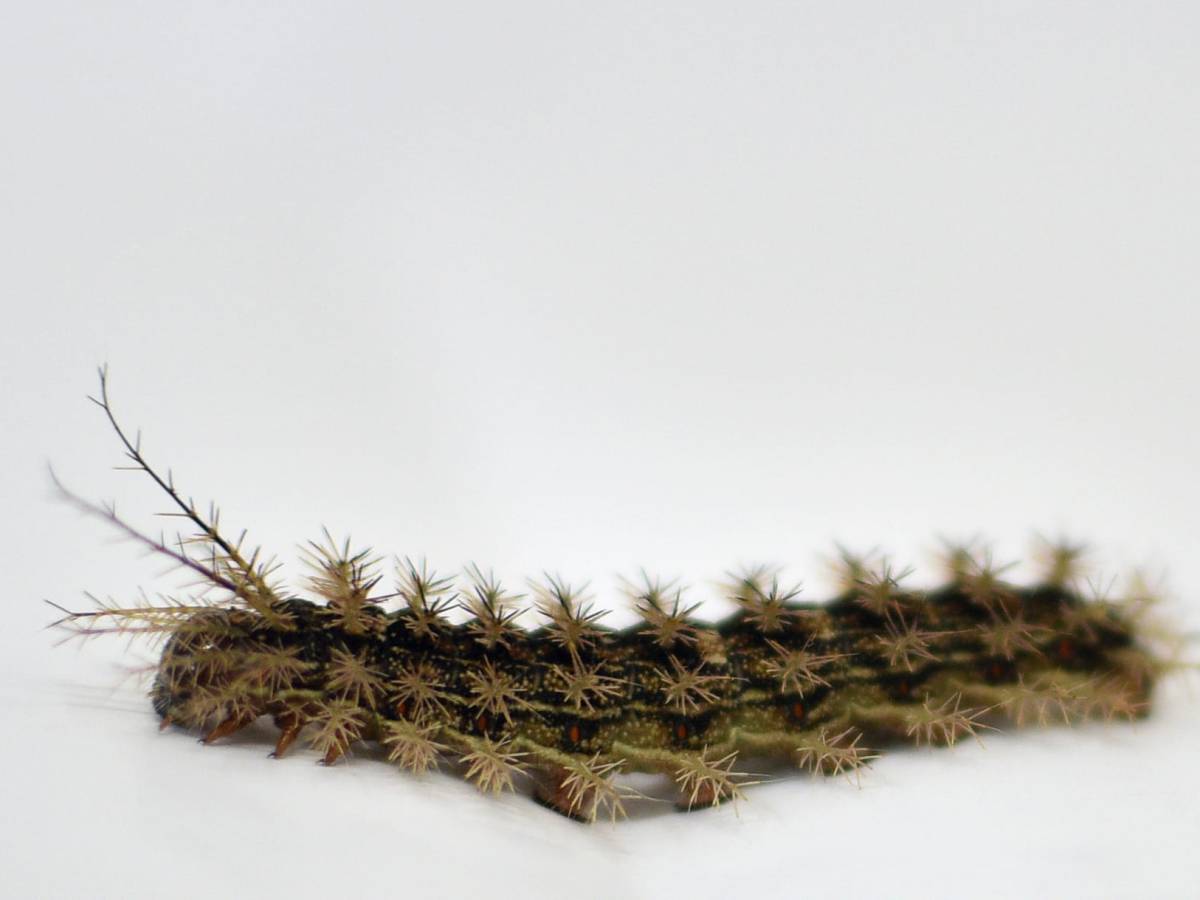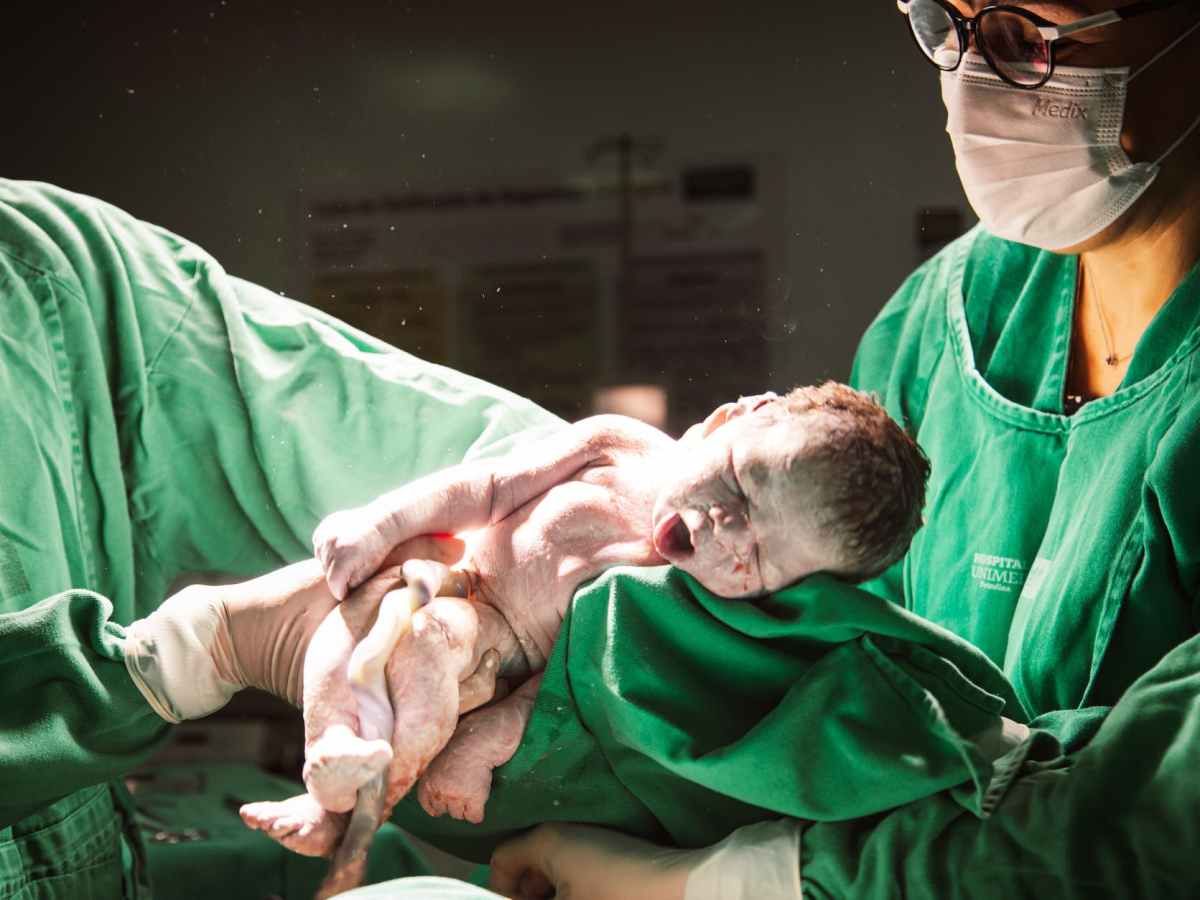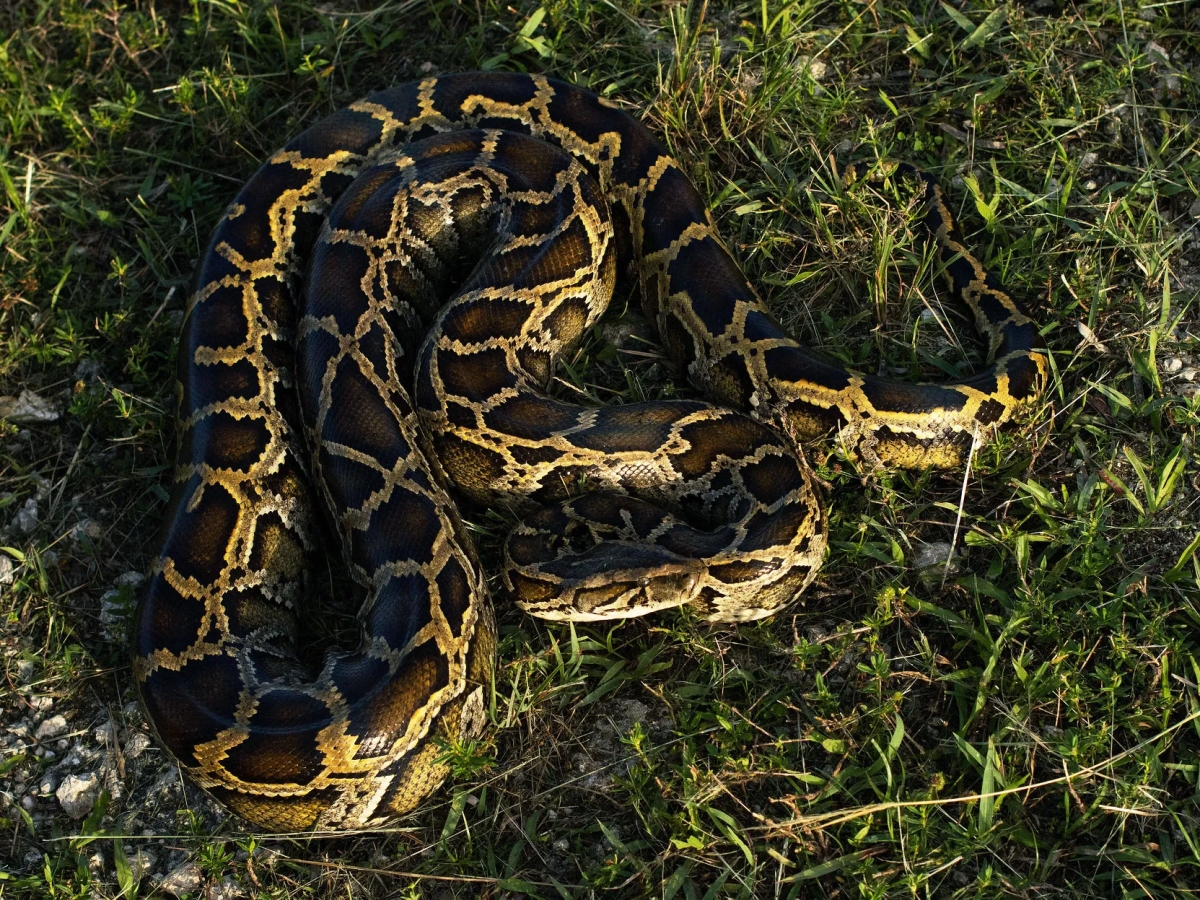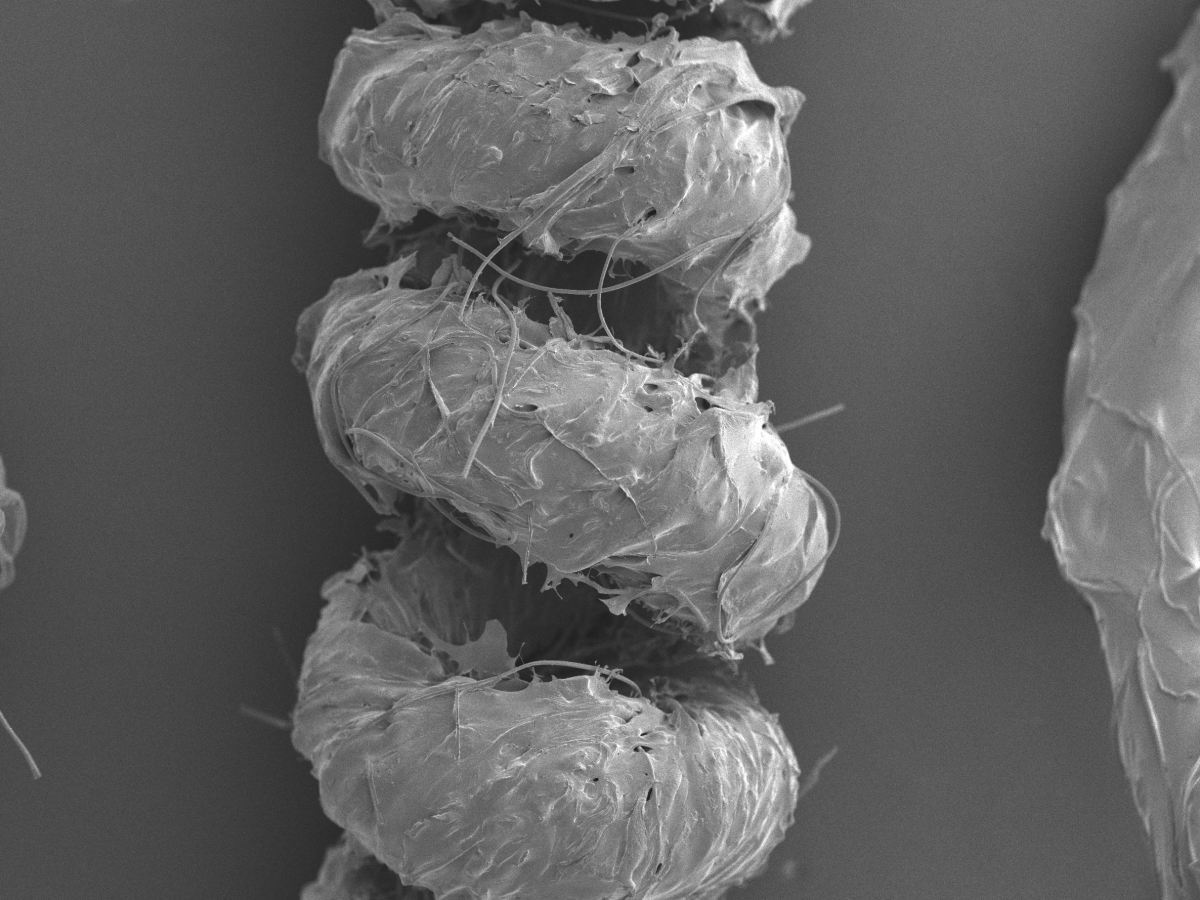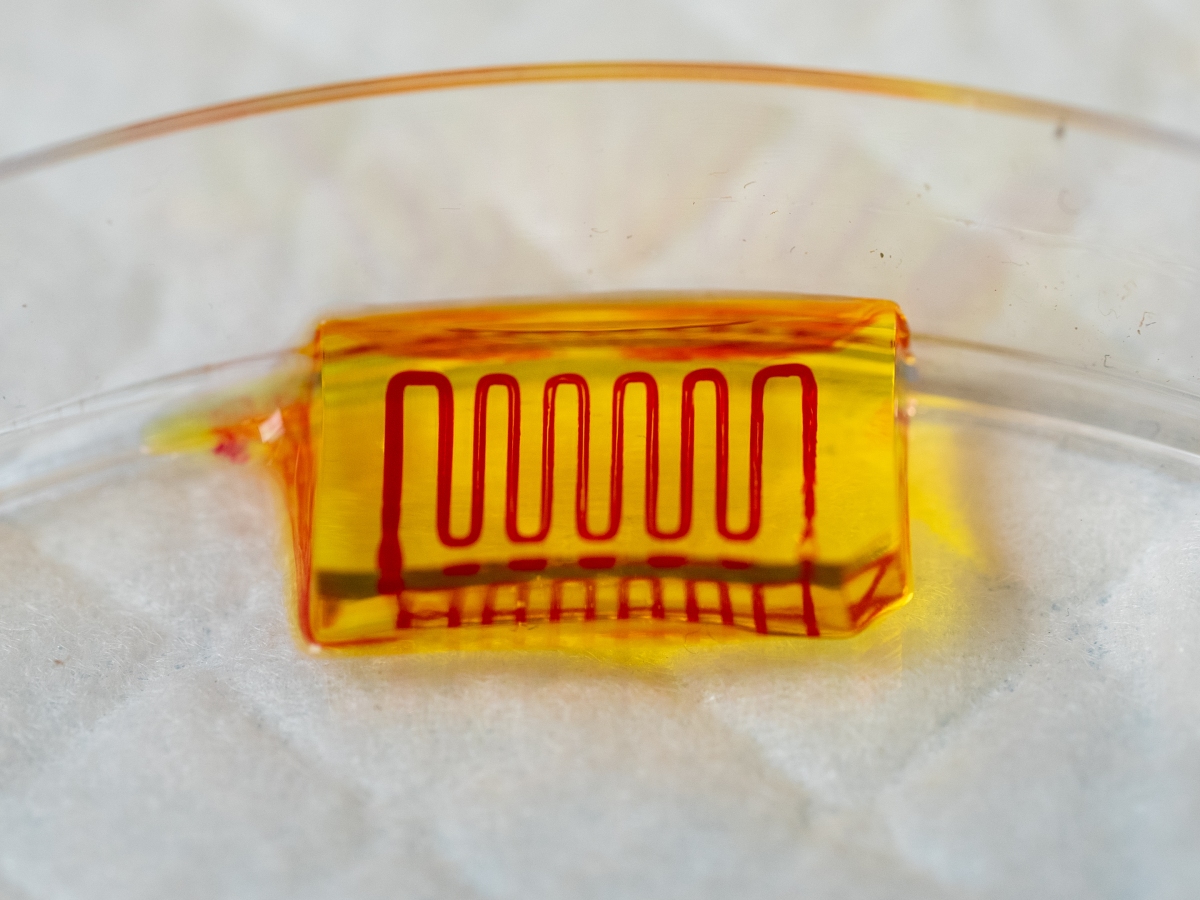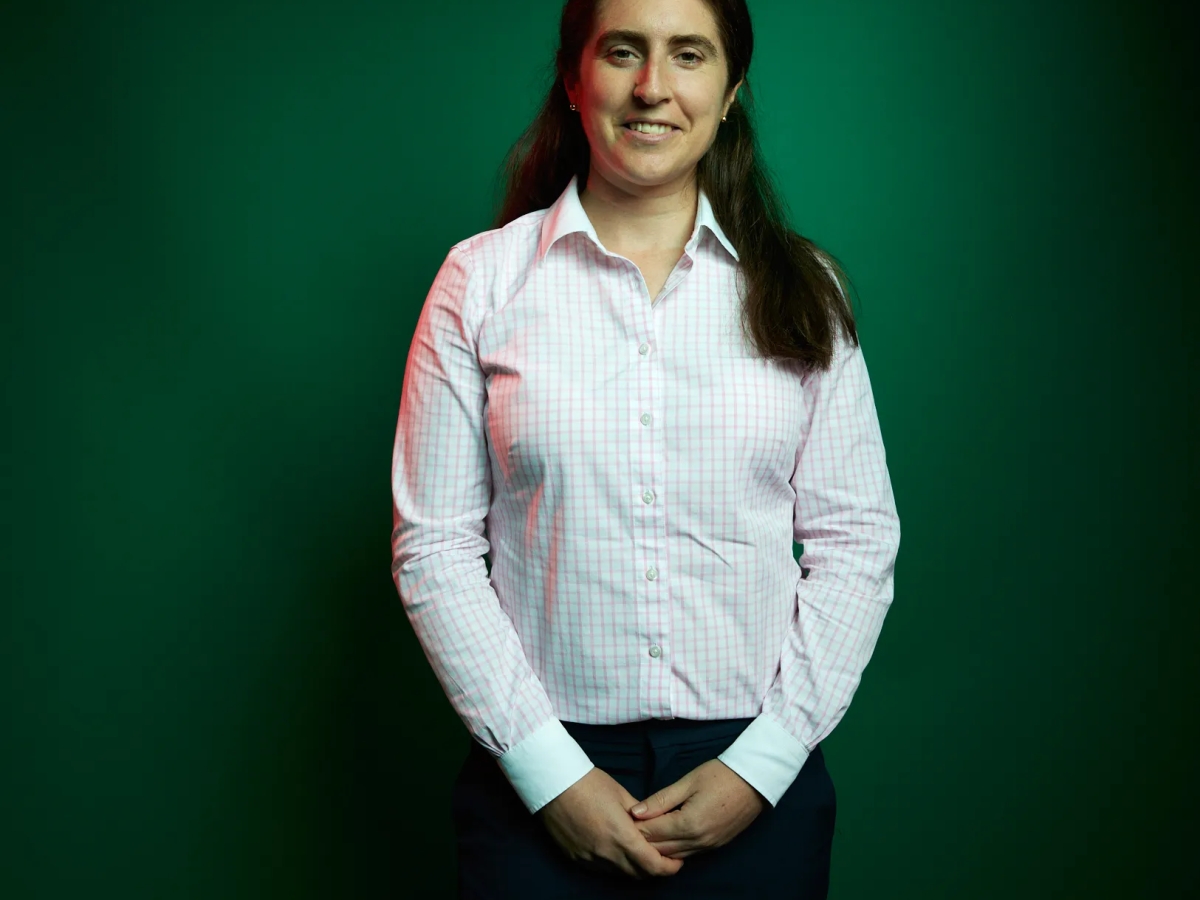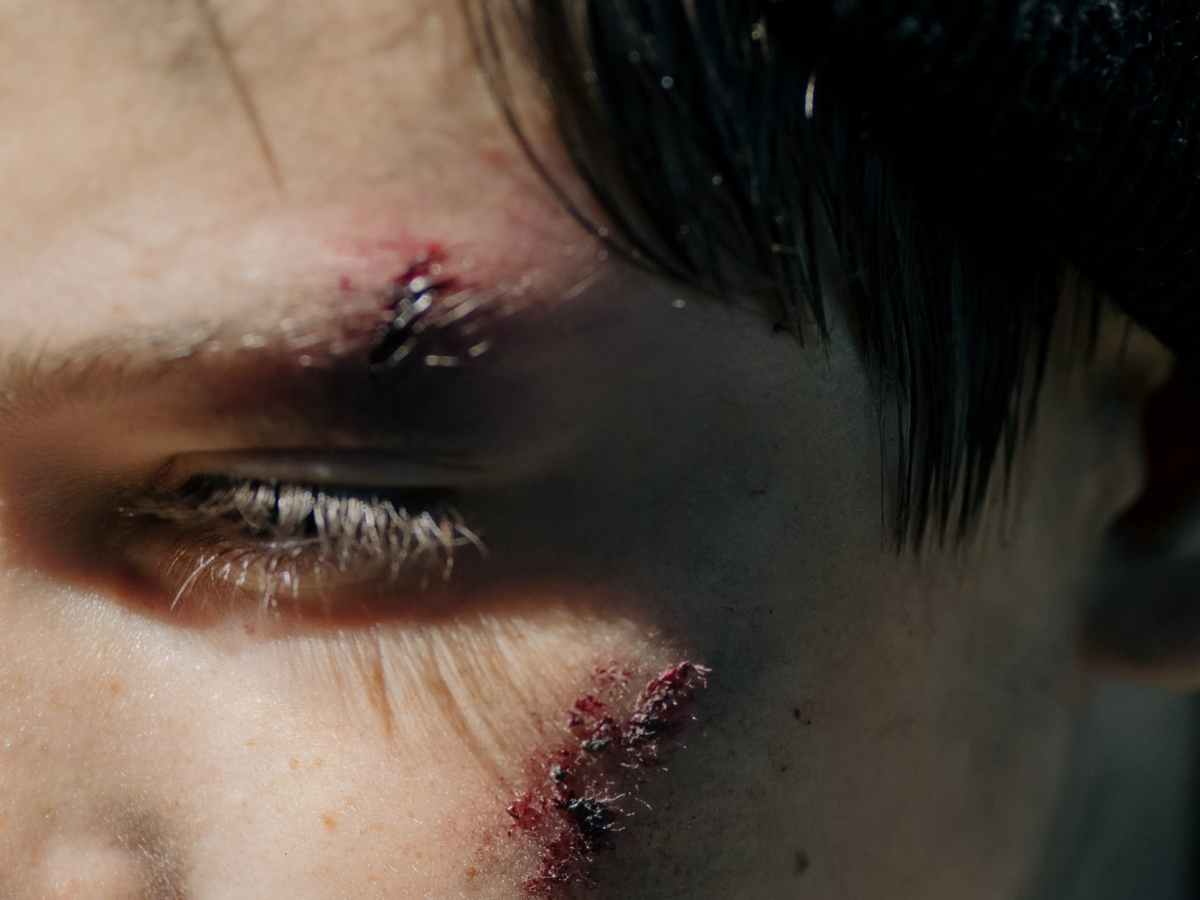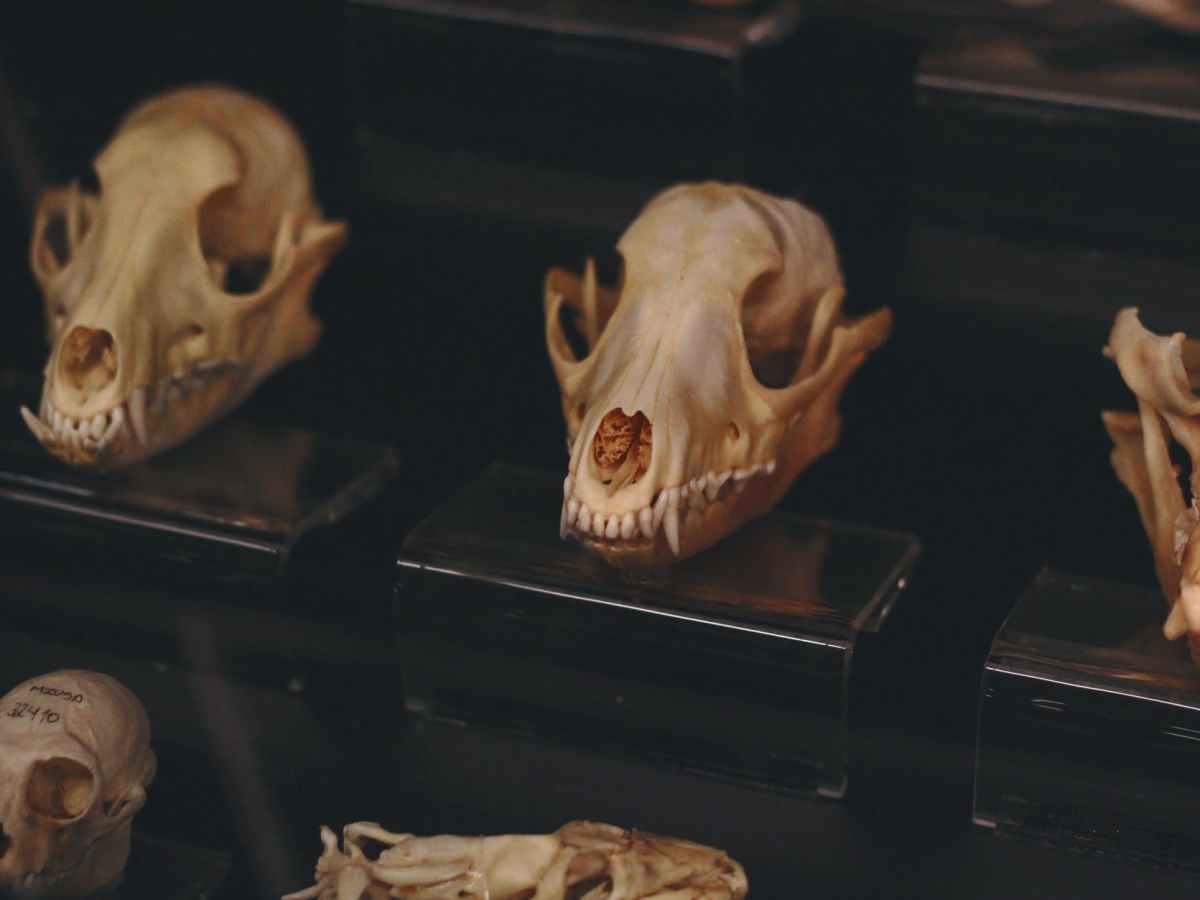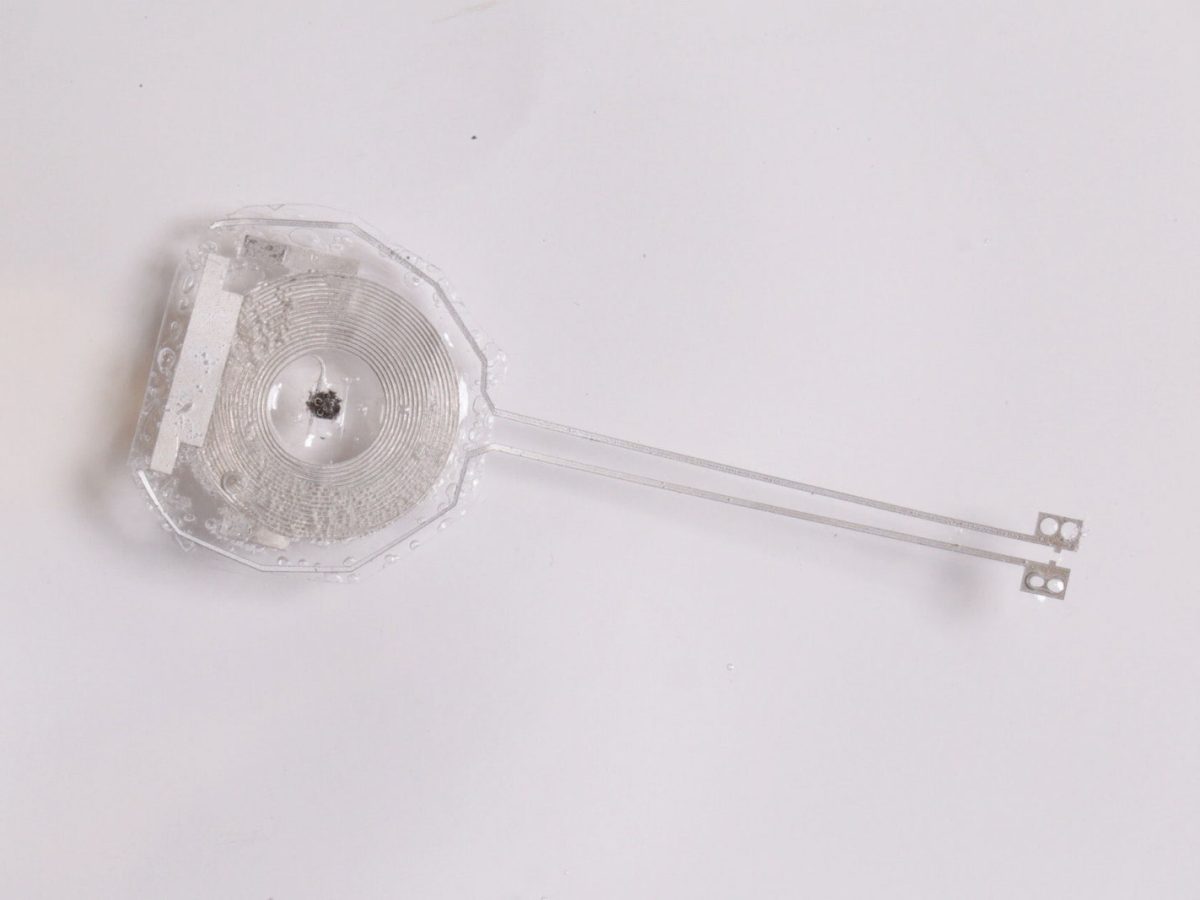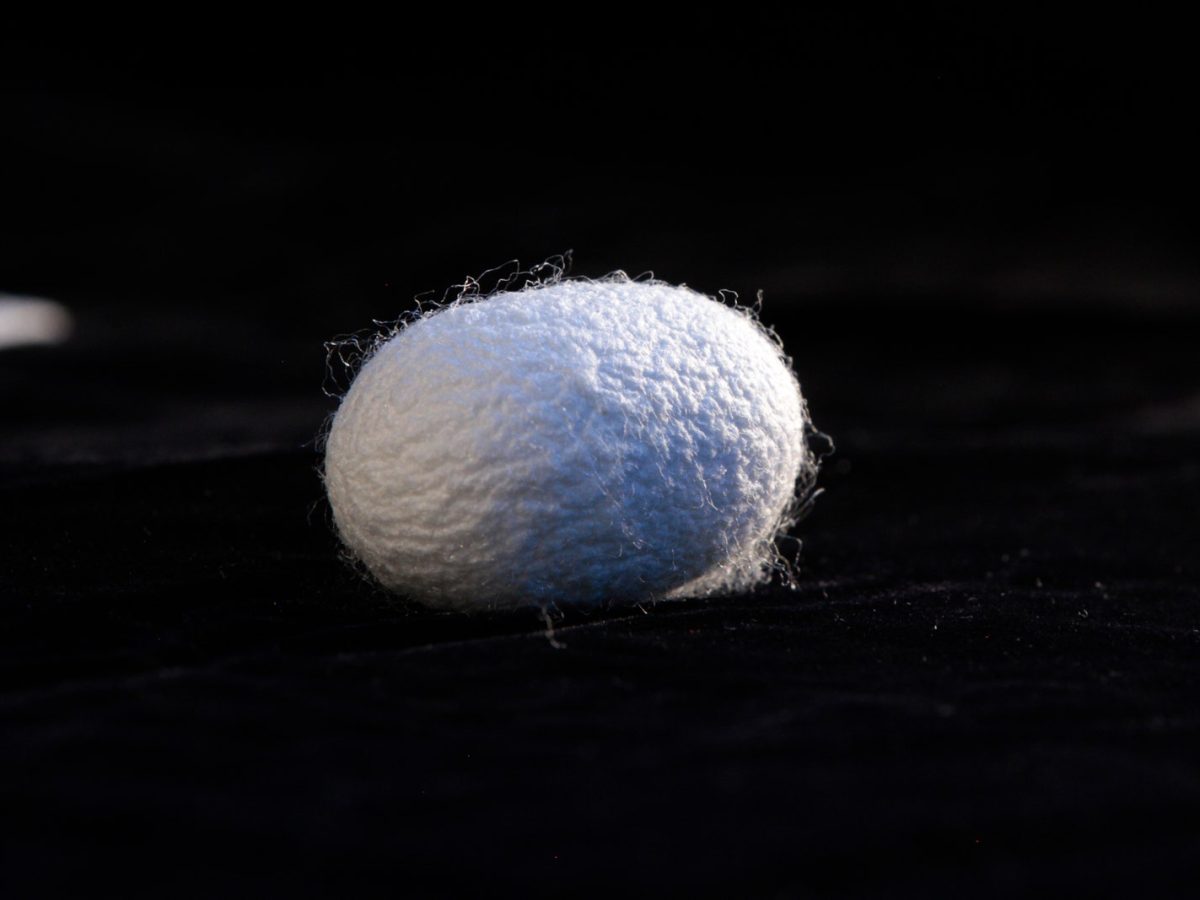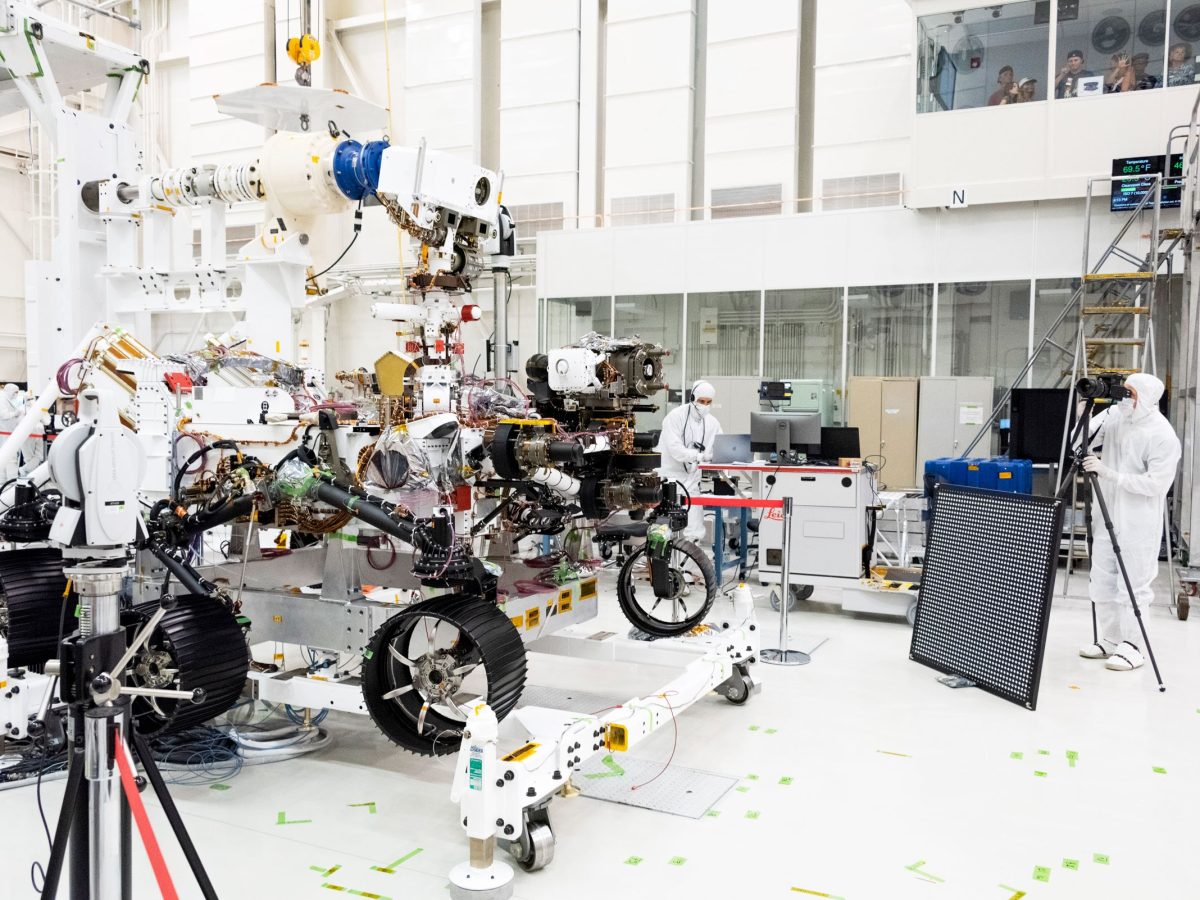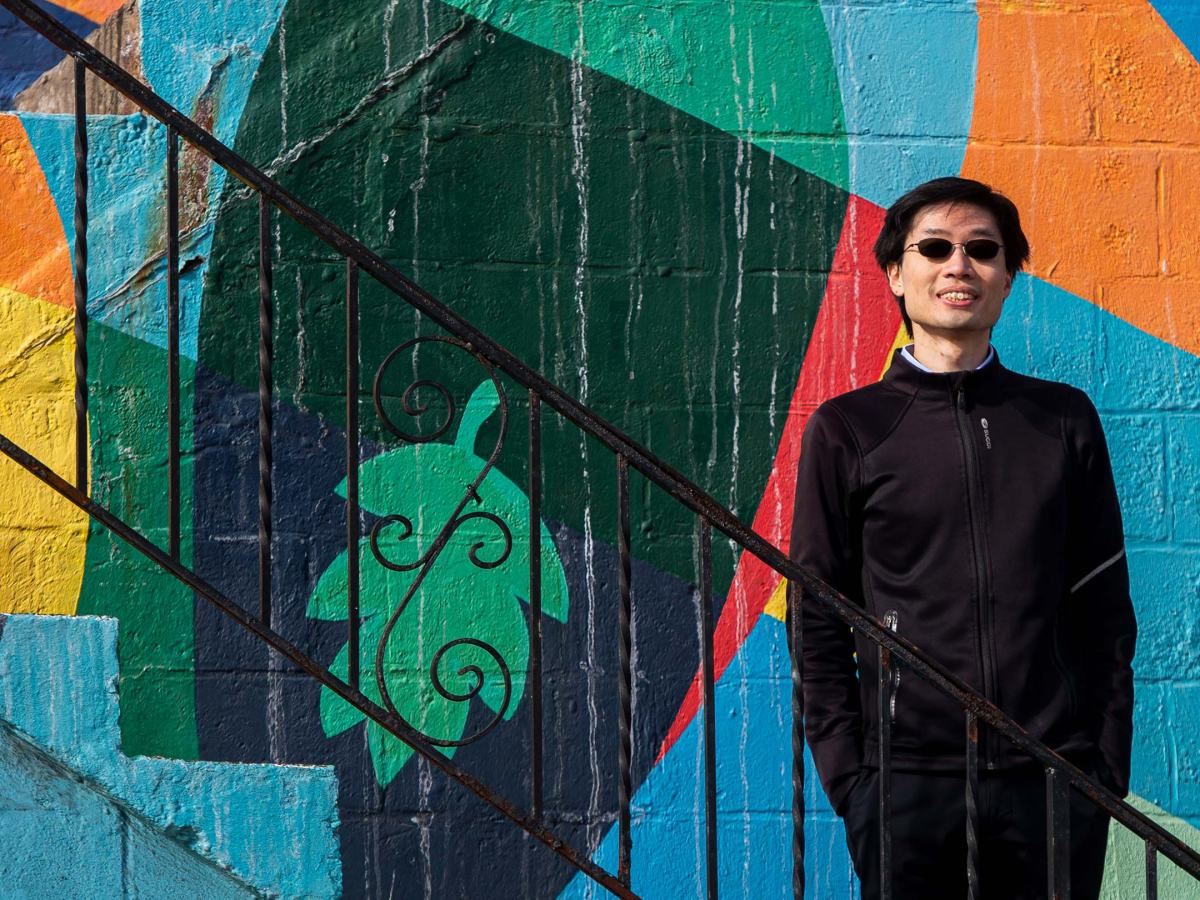Don’t step on this caterpillar
SEQUENCER
Umbilical cord blood: a lifeline for pediatric diseases
Drug Discovery News
Snow Sports Are Getting More Dangerous
WIRED Extreme conditions caused by climate change are making winter sports more risky. From Colorado to Washington, that’s also making mountain rescue missions even more perilous. Many people meet Dale Atkins for the first time on their worst days—ice climbers who are stranded and injured, skiers that have been swallowed by an avalanche. Atkins, a…
The Hidden Connection That Changed Number Theory
Quanta Magazine Quadratic reciprocity lurks around many corners in mathematics. By proving it, number theorists reimagined their whole field. There are three kinds of prime numbers. The first is a solitary outlier: 2, the only even prime. After that, half the primes leave a remainder of 1 when divided by 4. The other half leave…
Why Antidepressants Take So Long to Work
WIRED A clinical trial reveals the first evidence of how the brain restructures physically in the first month on SSRIs—and the link between neuroplasticity and depression. CLINICAL DEPRESSION IS considered one of the most treatable mood disorders, but neither the condition nor the drugs used against it are fully understood. First-line SSRI treatments (selective serotonin…
A Revelation About Trees Is Messing With Climate Calculations
WIRED Trees make clouds by releasing small quantities of vapors called “sesquiterpenes.” Scientists are learning more—and it’s making climate models hazy. EVERY YEAR BETWEEN September and December, Lubna Dada makes clouds. Dada, an atmospheric scientist, convenes with dozens of her colleagues to run experiments in a 7,000-gallon stainless steel chamber at CERN in Switzerland. “It’s…
Immunologists hack body rhythms for medicine
Drug Discovery News
Fighting Climate Change One Meal at a Time
ChemMatters
Is Aging a Disease?
Broadcast
Machines Learn Better if We Teach Them the Basics
Quanta Magazine
When Robots Multiply
GROW
Machine Learning Gets a Quantum Speedup
QUANTA MAGAZINE
From Chemist to Food-Tech CEO
ChemMatters Magazine
Surprising Limits Discovered in Quest for Optimal Solutions
Quanta Magazine
The Artificial Leaf: Copying Nature to Fight Climate Change
ChemMatters Magazine
How to Make Fashion Sustainable
CHEMMATTERS MAGAZINE
Channeling a Passion for Chemistry to Help Others
ACS ChemMatters
The Coach Who Led the U.S. Math Team Back to the Top
QUANTA MAGAZINE
To Mars and Back Again
ACS CHEMMATTERS MAGAZINE

